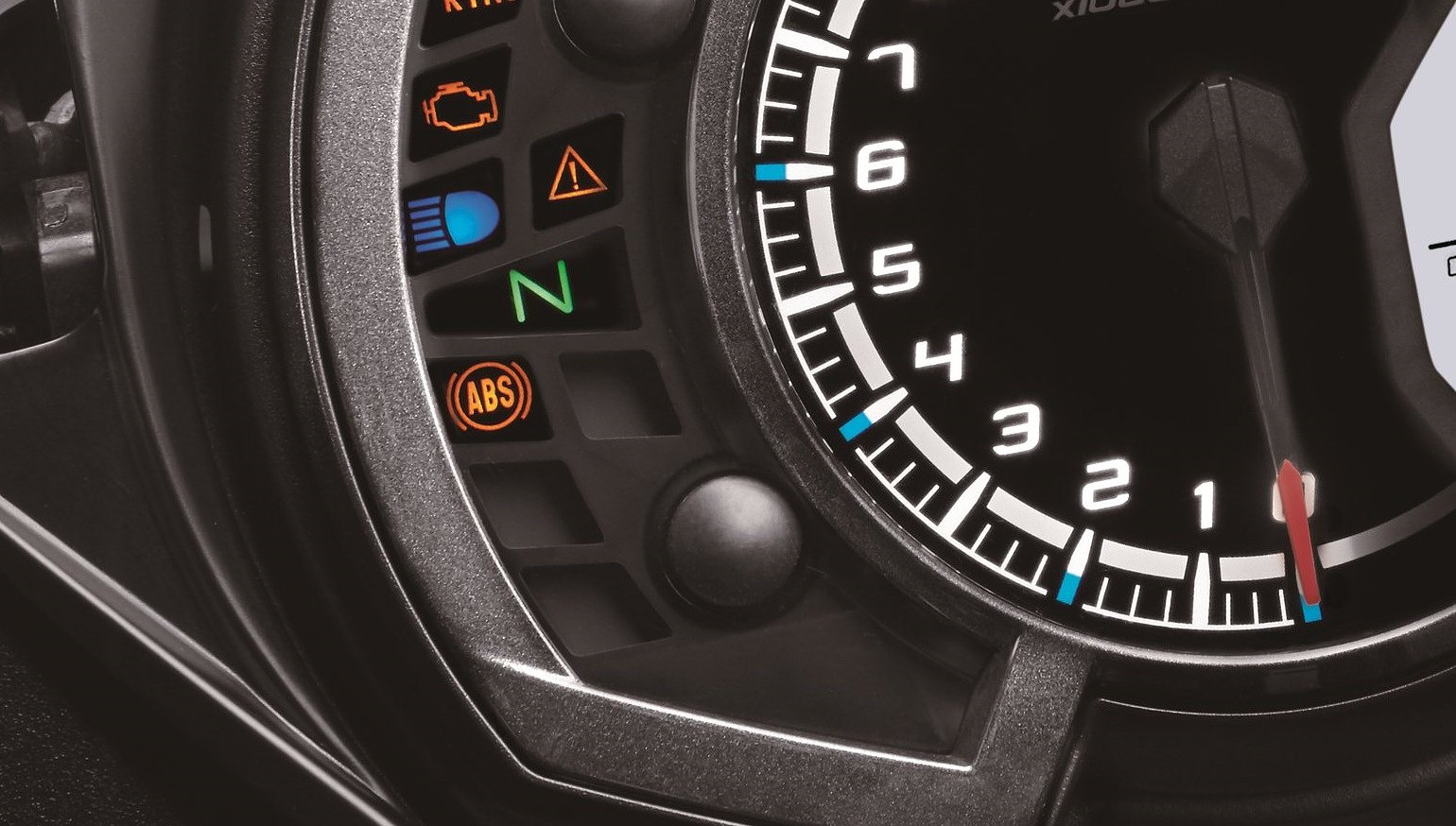An insurance industry study that compared the same models of motorcycles both with and without anti-lock brakes found that ABS reduced the number of fatal crashes by 22 percent.
The study by Eric R. Teoh and issued by the Insurance Institute for Highway Safety is actually the third of its kind by the same researcher. The previous two studies, in 2011 and 2013, found an even greater reduction in crashes due to ABS. The bottom-line message, that ABS reduces fatal crashes, is not significantly different, however.
Let's take a quick look at how the study was done, what it found and a few questions to ask.
ABS and motorcycle crashes
The study used data from 2003 to 2019 from the Fatality Analysis Reporting System (FARS) maintained by the National Highway Traffic Safety Administration. FARS tracks fatal crashes on the public roads. In this study, Teoh identified 65 models of motorcycles that were sold with optional ABS then compared the number of fatal crashes among ABS and non-ABS motorcycles of the same model. ABS-equipped bikes were identified based on their VINs.
A simple comparison of crashes by ABS and non-ABS motorcycles would inevitably mean comparing different kinds of motorcycles and types of riding. By comparing the same models, with and without ABS, the study eliminated that potential distortion.
The bottom line: The study found 5.7 fatal crashes per 10,000 registered vehicle years (number of vehicles and number of years on the road) for motorcycles with ABS and 7.4 per 10,000 for those without ABS.
Some limitations and drawbacks
There are limits to what we can learn from a study like this, and it's worth a quick look at some of those.
For one, the population of motorcycles that can be bought with or without ABS is not representative of the total population of motorcycles on U.S. roads. For example, cruisers and standards are very underrepresented in this sample.

It's also been theorized that riders who pay more to get ABS are more safety-conscious, and therefore less likely to crash anyway. On the other hand, a study of car drivers found that some drivers take more risks because ABS and other aids like stability control give them a greater sense of security. Teoh's study looked at other risk factors recorded in the reports and didn't find any significant difference between the ABS and non-ABS riders, except that speed was slightly more likely to be a factor in the fatal crashes among non-ABS riders.
Also, by using FARS, this study only examines crashes where someone died. The same level of scrutiny is not given to many other motorcycle crashes that do not involve a death and those incidents could potentially tell us a slightly different story.
Finally, it's worth noting that the IIHS supports mandatory ABS and, in the more distant past, has taken some controversial positions regarding performance motorcycles. A study isn't necessarily flawed just because the entity funding it has an agenda, but it's fair to consider that.
What ABS is really for
I know by now someone is already typing away in the comments section, saying something like "I've been riding 40 years without ABS and I don't need some electronic nanny" or "Learn to brake right and use your right hand, that's your ABS!"
But ABS isn't just for people who don't have good braking technique. It's for that time when you're coming home after dark and can't see the sand or spilled diesel fuel or whatever on the road. It's for that unexpected panic-stop scenario that requires perfect braking technique from a not-always-perfect human.
Like me, for example. Thirteen years ago, early on a cold April morning, I had just left home and was riding to work on a city street when a woman in a car pulled in front of me to hurry into the McDonald's drive-through for breakfast. Cold tires, unexpected threat, insert additional excuses here. The end result was that I locked the front and went down.
No injuries. Minimal damage. But ABS would have prevented that. Perfect braking technique would have prevented it, too, and the technique I used might have been perfect on a warm and sunny afternoon. But it wasn't at that moment on a chilly morning. Just something to think about.










